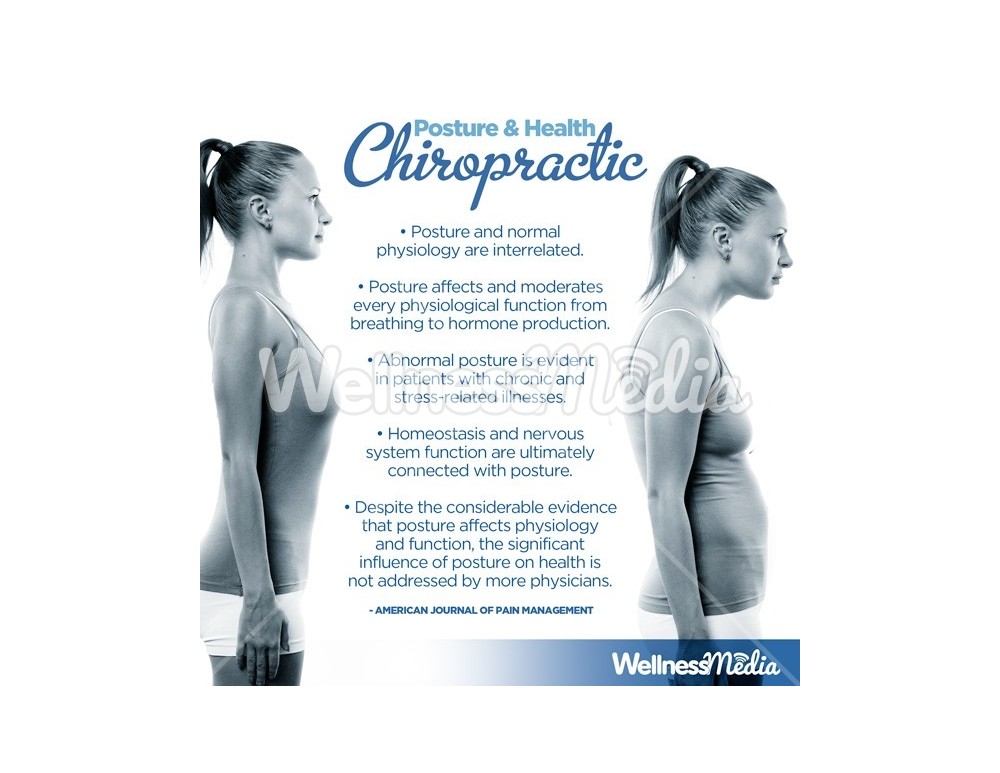Care For Your Back By Uncovering The Effect Of Your Diet On Pain Management-- Find Out Which Foods Can Offer Alleviation And Which Ones To Stay Away From
Care For Your Back By Uncovering The Effect Of Your Diet On Pain Management-- Find Out Which Foods Can Offer Alleviation And Which Ones To Stay Away From
Blog Article
Article Created By-Livingston Sharpe
When it comes to handling your neck and back pain, the food options you make can significantly affect how you feel daily. Think of being lower back oain to relieve your pain merely by readjusting what you eat. By comprehending the function of nutrition in neck and back pain monitoring and knowing which foods to include or steer clear of, you can take aggressive steps towards a healthier and extra comfy lifestyle. The link between nutrition and back wellness is a lot more profound than you may understand-- allow's explore how specific foods can either calm or exacerbate your neck and back pain.
Importance of Nourishment in Back Pain
Nourishment plays a critical duty in handling neck and back pain. Your diet can significantly affect inflammation levels and total discomfort degrees in your back. Consuming a balanced diet abundant in nutrients like vitamins D and K, calcium, magnesium, and omega-3 fatty acids can help in reducing inflammation and reinforce bones, which are vital for back health.
In addition, keeping a healthy and balanced weight via proper nutrition can alleviate tension on your spine, decreasing the danger of pain in the back.
Additionally, certain nutrients like antioxidants located in vegetables and fruits can aid deal with oxidative anxiety and promote recovery in the body, including the back muscles and spinal column.
On the other hand, consuming too much amounts of processed foods, sweet drinks, and undesirable fats can contribute to inflammation and weight gain, worsening neck and back pain.
Foods to Consume for Back Health
To support a healthy and balanced back, incorporating nutrient-rich foods right into your day-to-day meals is vital. Including why my back hurts in antioxidants like berries, spinach, and kale can help reduce swelling in your back, alleviating pain and discomfort. Omega-3 fats discovered in fatty fish such as salmon and mackerel have anti-inflammatory residential or commercial properties that can profit your back wellness.
Furthermore, consuming nuts and seeds like almonds, walnuts, and chia seeds gives crucial nutrients like magnesium and vitamin E, which support muscle mass feature and reduce oxidative tension. Integrating lean proteins such as chicken, turkey, and tofu can aid in muscle repair and upkeep, promoting a strong back.
Do not neglect to include dairy or fortified plant-based options for calcium to sustain bone wellness. Finally, moisten with a lot of water to keep your spinal discs moisturized and operating optimally. By including these nutrient-dense foods in your diet plan, you can nurture your back and support general back health.
Foods to Stay Clear Of for Neck And Back Pain
Select avoiding processed foods high in added sugars and trans fats when seeking relief from pain in the back. These sorts of foods can add to swelling in the body, which may intensify back pain. Say no to sweet treats like candy, breads, and sugary beverages, as well as convenience food items like burgers, french fries, and fried poultry that are typically filled with trans fats.
Additionally, steer clear of foods consisting of high levels of refined carbohydrates, such as white bread, pasta, and pastries, as they can spike blood sugar degrees and possibly worsen inflammation in the body.
It's additionally smart to restrict your intake of foods high in hydrogenated fats, like red meat and full-fat milk items, as they can add to swelling. Refined foods like deli meats, chips, and packaged snacks are often high in saturated fats and need to be eaten in moderation.
Verdict
In conclusion, taking notice of your diet regimen and making clever food choices can have a considerable influence on managing pain in the back. By including nutrient-rich foods like berries, fatty fish, nuts, and lean proteins, and avoiding processed and sweet items, you can help reduce swelling and support overall back health and wellness. Keep in mind, what you eat plays an essential role in exactly how you feel, so ensure to prioritize your nutrition for a healthier back.
